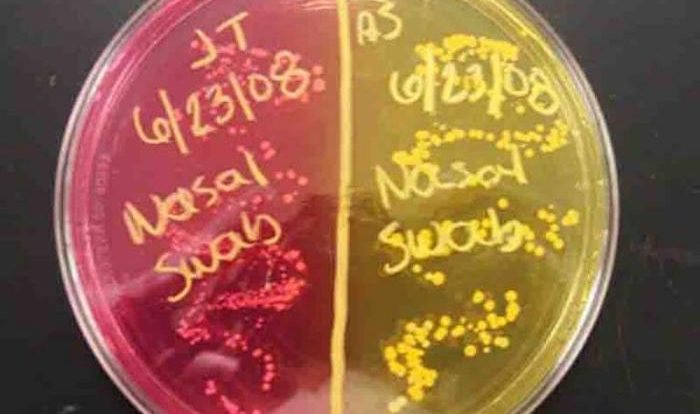Microbiology lab theory and application 3rd edition – Welcome to the fascinating world of microbiology! Microbiology Lab Theory and Application, 3rd Edition, provides a comprehensive and engaging exploration of the fundamental principles, laboratory techniques, and diverse applications of microbiology. This updated edition offers an in-depth understanding of microbial structure, growth, metabolism, and ecology, equipping readers with the knowledge and skills essential for success in the field.
Throughout this captivating journey, you will delve into the realm of microorganisms, discovering their role in disease, industry, and the environment. From the basics of cell biology to the cutting-edge advancements in microbial research, Microbiology Lab Theory and Application, 3rd Edition, empowers you to unravel the mysteries of the microbial world.
1. Introduction
Microbiology lab theory encompasses the fundamental principles and practical techniques used in the study of microorganisms. The 3rd edition of Microbiology Lab Theory and Application provides a comprehensive and up-to-date exploration of this field, offering a solid foundation for students and professionals alike.
The scope of this edition has been expanded to include the latest advancements in microbiology, with a focus on emerging trends and their potential applications. It aims to provide a thorough understanding of the theoretical concepts and practical skills necessary for success in this dynamic and rapidly evolving field.
2. Fundamental Principles of Microbiology: Microbiology Lab Theory And Application 3rd Edition
Microbiology is the study of microorganisms, including bacteria, viruses, fungi, and protozoa. These organisms are ubiquitous and play vital roles in various ecosystems. The basic principles of microbiology include:
Cell Structure
- Prokaryotic and eukaryotic cell structure
- Cell organelles and their functions
- Cell membrane structure and function
Microbial Growth, Microbiology lab theory and application 3rd edition
- Growth phases and growth curves
- Environmental factors affecting growth
- Microbial nutrition and metabolism
Microbial Diversity
- Classification and identification of microorganisms
- Characteristics of different microbial groups
- Microbial interactions and symbiosis
3. Laboratory Techniques
Laboratory techniques are essential for studying microorganisms and understanding their properties. Common techniques include:
Microscopy
- Bright-field microscopy
- Dark-field microscopy
- Fluorescence microscopy
Culturing
- Media preparation and sterilization
- Inoculation and incubation
- Isolation and purification of microorganisms
Staining
- Simple staining
- Differential staining (e.g., Gram staining)
- Staining for specific cellular components
4. Microbial Ecology
Microbial ecology explores the interactions between microorganisms and their environment. Key concepts include:
Microbial Communities
- Structure and diversity of microbial communities
- Microbial succession and colonization
- Microbial interactions (e.g., competition, cooperation)
Environmental Factors
- Influence of temperature, pH, and nutrients on microbial growth
- Microbial adaptation to extreme environments
- Role of microorganisms in nutrient cycling and decomposition
Applications of Microbial Ecology
- Bioremediation of environmental pollutants
- Microbial ecology in agriculture and food production
- Microbiome research and its implications for human health
FAQ Resource
What are the key features of Microbiology Lab Theory and Application, 3rd Edition?
Microbiology Lab Theory and Application, 3rd Edition, offers a comprehensive and engaging exploration of the fundamental principles, laboratory techniques, and diverse applications of microbiology, providing an in-depth understanding of microbial structure, growth, metabolism, and ecology.
Who is the intended audience for this book?
Microbiology Lab Theory and Application, 3rd Edition, is designed for students, researchers, and professionals seeking to expand their knowledge and expertise in microbiology. It is an essential guide for anyone interested in exploring the vast and ever-evolving field of microbiology.
What are the benefits of using this book?
Microbiology Lab Theory and Application, 3rd Edition, provides a comprehensive and engaging exploration of the fundamental principles, laboratory techniques, and diverse applications of microbiology, equipping readers with the knowledge and skills essential for success in the field.
